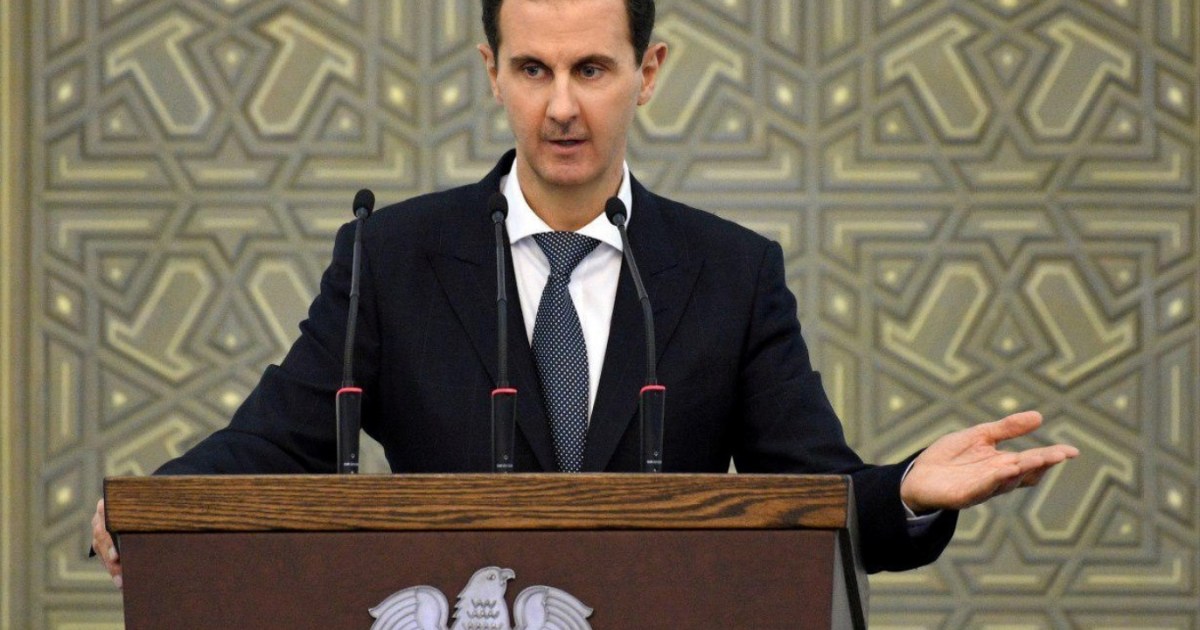The US Department of State and Treasury has announced a new sanctions package against the Syrian regime within the framework of Caesar's law, which includes 14 penalties targeting regime figures and entities.
In a statement, US Secretary of State Mike Pompeo indicated that the sanctions would include both Hafez al-Assad, the son of Syrian President Bashar al-Assad, and Zuhair Tawfiq al-Assad and his son, in addition to the first division of the regime's army.
The State Department called the sanctions package "Hama and Ma`rat al-Numan sanctions", stressing the need to hold the Assad regime accountable for what it called "war crimes and crimes against humanity."
The statement threatened the Syrian regime with a new sanctions package if it did not take steps towards a lasting political solution to end the conflict in Syria.
For its part, the US Treasury announced - in a statement - sanctions against Syrian businessman Waseem Anwar Qattan, and 9 entities and companies; Because of what it considered a contribution to enriching the Syrian regime by building luxury properties.
US Treasury Secretary Stephen Mnuchin said that he named the corrupt businessmen who have ties to Assad, who support the suppression of the Syrian people, while investing in luxury real estate thanks to the forced displacement of innocent civilians.
In turn, the US special envoy to Syria, James Jeffrey, said that Washington continues to campaign against the Assad regime under the Caesar Act, stressing that the sanctions will also continue to the right of its supporters until they abide by international resolutions.
The US envoy indicated that there is no exception in Caesar's law regarding the place of residence of those covered by the sanctions.
Jeffrey previously warned the UAE of the possibility of being subjected to sanctions if it continued its efforts to normalize relations with the Syrian regime, explaining that "the UAE knows that the United States strongly opposes the normalization of Abu Dhabi's relations with the Assad regime."
It is noteworthy that last March, Abu Dhabi Crown Prince Mohammed bin Zayed Al Nahyan telephoned the president of the Syrian regime, Bashar al-Assad, the first public contact from a Gulf leader since the start of the Syrian crisis 9 years ago.
It is worth noting that the US "Caesar Act" entered into force last month, with Washington announcing sanctions against 39 individuals and entities associated with the Assad regime.
The State Department then revealed the targeted parties, which include President Bashar al-Assad and his wife Asma, whom they described as the engineers of the suffering of the Syrian people.
"Caesar" is a name used to conceal the true identity of a Syrian soldier who leaked pictures of prisoners who were tortured to death in the prisons of the Assad regime.

